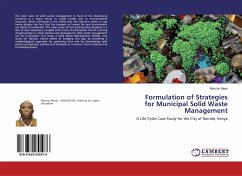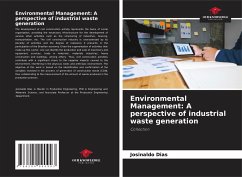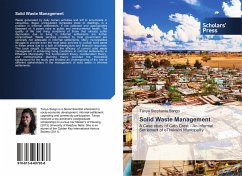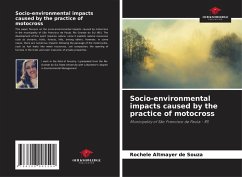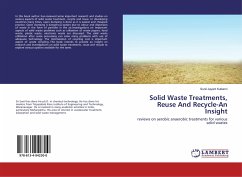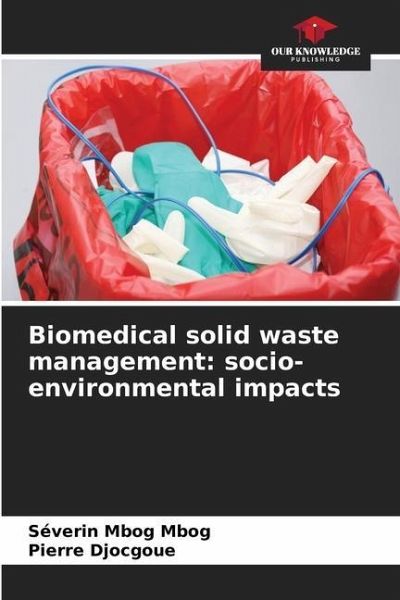
Biomedical solid waste management: socio-environmental impacts
Versandkostenfrei!
Versandfertig in 6-10 Tagen
57,99 €
inkl. MwSt.

PAYBACK Punkte
29 °P sammeln!
Solid Biomedical Waste (SMW) is a health and environmental problem. A study was therefore carried out to develop a biomedical waste management system whose implementation would improve public health, while respecting environmental, technical and socio-cultural concerns. Out of 70 health facilities surveyed, 70% had no incinerators, 25% had defective incinerators and 5% had incinerators that were not functioning properly. However, a study carried out in the field has resulted in an improved artisanal incinerator that meets the requirements of the health facilities. Analysis of the components (s...
Solid Biomedical Waste (SMW) is a health and environmental problem. A study was therefore carried out to develop a biomedical waste management system whose implementation would improve public health, while respecting environmental, technical and socio-cultural concerns. Out of 70 health facilities surveyed, 70% had no incinerators, 25% had defective incinerators and 5% had incinerators that were not functioning properly. However, a study carried out in the field has resulted in an improved artisanal incinerator that meets the requirements of the health facilities. Analysis of the components (smoke and ash) of this system shows that the incineration cycle of DBMS at various times during health activities at a constant temperature of 1100° C produces ash and smoke varying respectively between 0.5 and 1.30 kg for the first component and between 10ppm for CO, 20% for O2, 0% for CH4, 0.01ppm for H2S for the second.



